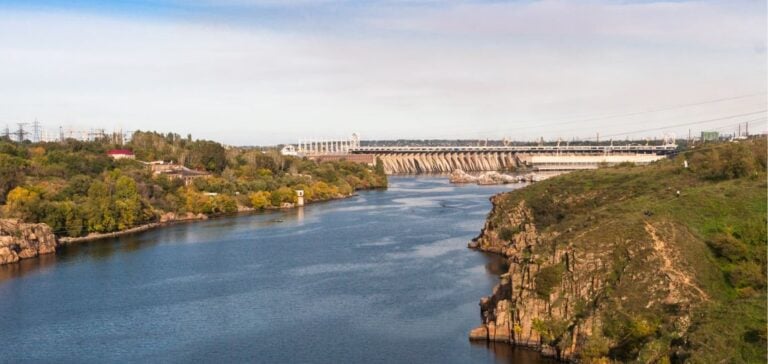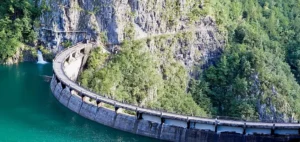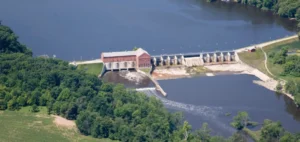May 8 marked an intensification of the conflict, with Russian forces targeting key energy infrastructure in several regions of Ukraine, including Ivano-Frankivsk and Lviv. The assault not only knocked out two hydroelectric power stations, but also damaged several thermal power plants. The Donbass Fuel and Energy Company (DTEK), Ukraine’s main energy supplier, has confirmed the extent of the damage, which has increased the country’s vulnerability.
Immediate impact on energy stability
Following the attacks, Ukrhydroenergo,Ukraine‘s state energy company, issued an alarming statement on the extensive damage to hydroelectric facilities. The damage is so extensive that the country’s entirehydroelectric power generation capacity has been compromised. The company highlighted the critical need for major repairs and the associated financial burden. It urges the international community to step up its support to restore functionality and protect the energy sector.
Long-term consequences and international implications
The attack on energy infrastructure is aimed not only at immediate disruption, but also at long-term destabilization. Ukraine was striving to strengthen its energy independence, a goal now seriously compromised by these attacks. The role of the international community is more crucial than ever, as the effectiveness of its response could determine the pace of recovery and the future resilience of Ukraine’s energy systems.
Global response and strategic measures
The global response to this crisis will be indicative of the international community’s commitment to supporting Ukraine in the face of continuing aggression. The situation requires not only financial aid, but also strategic and technical support to rebuild the damaged infrastructure. In addition, this incident serves as a stark reminder of the vulnerability of energy assets in conflict zones, prompting a reassessment of energy security strategies.
In the face of these formidable challenges, the support Ukraine receives from now on will be decisive for the country’s energy future. Rebuilding and securing energy infrastructure in the face of constant threats will require a concerted effort by the international community. This will require significant financial investment and strategic innovation. The security of Ukraine’s energy sector is at stake, with repercussions that will shape not only national stability but also regional power dynamics.






















